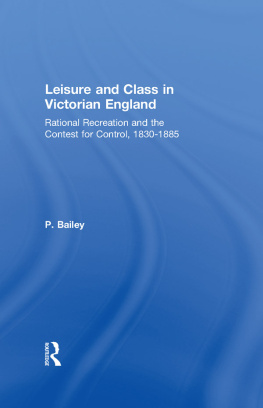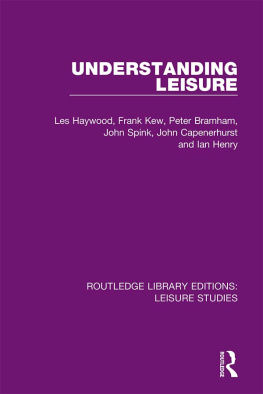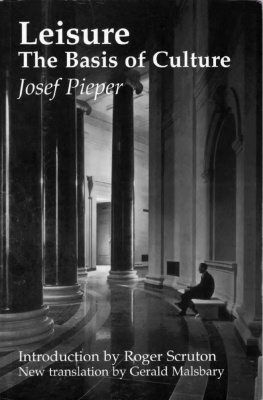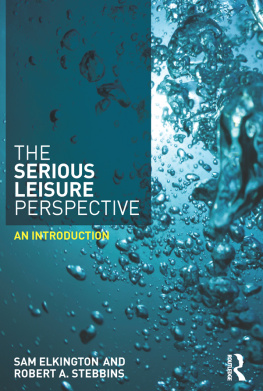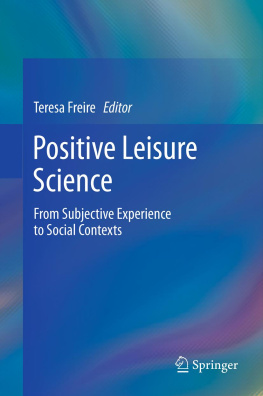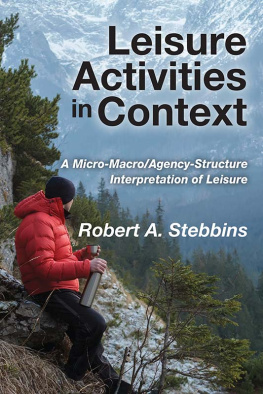First published in 1975 by Routledge & Kegan Paul Ltd
This edition first published in 2019
by Routledge
2 Park Square, Milton Park, Abingdon, Oxon OX14 4RN
and by Routledge
52 Vanderbilt Avenue, New York, NY 10017
Routledge is an imprint of the Taylor & Francis Group, an informa business
1975 R. and R. N. Rapoport
All rights reserved. No part of this book may be reprinted or reproduced or utilised in any form or by any electronic, mechanical, or other means, now known or hereafter invented, including photocopying and recording, or in any information storage or retrieval system, without permission in writing from the publishers.
Trademark notice: Product or corporate names may be trademarks or registered trademarks, and are used only for identification and explanation without intent to infringe.
British Library Cataloguing in Publication Data
A catalogue record for this book is available from the British Library
ISBN: 978-0-367-11036-9 (Set)
ISBN: 978-0-429-24268-7 (Set) (ebk)
ISBN: 978-0-367-14074-8 (Volume 8) (hbk)
ISBN: 978-0-429-03003-1 (Volume 8) (ebk)
Publishers Note
The publisher has gone to great lengths to ensure the quality of this reprint but points out that some imperfections in the original copies may be apparent.
Disclaimer
The publisher has made every effort to trace copyright holders and would welcome correspondence from those they have been unable to trace.
Revisiting Leisure and the Family Life Cycle
Ziona Strelitz
When Rhona and Robert Rapoport embarked on Leisure and the Family Life Cycle, they set out to explore the forces that underlie the formation and activation of peoples interests. Grounded in studies of work and family, they focused on the domain they called leisure, as a catch-all for the elective area of expression and activity distinct from the work and family space. The conceptual framework of the study, assisted by a grant from the Leverhulme Trust, was to consider the motivational forces bearing on the gamut of hobbies and chosen pursuits subsumed in the sphere of leisure. The Rapoports posited these as inner drivers and social prompts or dispositions, influenced by both life stage and family situation hence Leisure and the Family Life Cycle.
My involvement in the study entered through a separate strand that responded to Rhonas and Roberts recognition that the external context of leisure the physical and social arena in which people develop and enact their interests was an integral part of the picture. This is essentially the environmental space that they invited me as a Social Anthropologist and Town Planner to marry with their rich knowledge of people.
Given that this occurred in the 1970s, revisiting Leisure and the Family Life Cycle now requires us to register what has changed and what has stayed the same. An index of the most profound shift sits in the acknowledgements section of the 1975 edition, which includes thanks to the secretarial staff for their patient work on many drafts a clue that the research, and then this book, preceded the advent of word processors (which only began to appear in places of work and study in the 1980s). Extrapolation from this marker signals the pervasive reach of the digital transformation that followed, with all its correlates in the domains of learning, working, shopping, socialising and playing that were then were yet to come.
Today, we are living through this industrial and cultural revolution and its new modalities and trends, many of them countervailing. Crucially for leisure, the digital age situates extensive communication and activity in virtual space. Although it occasions more time in sedentary modes, and more time seemingly alone, it also catalyses both social contact and experience in physical space, neither of which have lost importance in leisure.
Contemporary provision for leisure is replete with examples. Now, when Ted Talks are only a click away, there is a new and highly popular market for live spoken word events. Much online dating and other web-based platforms that are geared to finding others with like appetites and interests, serve as catalysts for subsequent face-to-face encounters and actual experience. Digital tools and web cultures democratization of access, flattening of social hierarchy, and associated rise of informality, have lowered formerly perceived barriers to trying things. MOOCs extend access to learning, smartphones to photography, live transmissions to exclusive performances, fun runs to sport, bake-ins to culinary experimentation, and so on. We can all be film-makers, graphic designers, publishers and chefs and travel to work or appear at the school gate in lycra! While many changes in scope and provision have rung since the 1970s, avenues and settings for the active cultivation and expression of interests are very much out there, if in different forms.
The concept of leisure has also evolved, and not entirely as predicted. We are not the post industrial leisure society that futurists envisaged in the 70s, though that may yet come with wider adoption of artificial intelligence. The issue is hotly debated. The compartmentation of time has been eroded by disseminated IT connectivity work, caring and leisure are inter-digitated now, with fewer stretches that are conserved for any one domain or even one activity, and ring-fenced against intrusion. There is a nigh continuous discourse on reported pressures; work and workplace stress have assumed strong recognition, often eclipsing the strain and depression of those who are excluded from paid employment and productive, rewarding activity.
What of family and of life cycle since the books original publication? The Rapoports were no sticklers for homogeneity, and Fathers, Mothers and Others, the book we co-authored next, in 1977, incorporates an explicit focus on diversity. Even so, family is far less normative than then. New methods of fertilization, civil partnerships, same-sex marriage, and gender choice were not in sight in the 1970s. Other demographic changes have further altered the picture female participation in the labour market now mainstream, the increase in single households, markedly later transitions to parenthood, and longer lifespans. These changes generate more complexity in charting individual life cycles, in characterizing family patterns, and in identifying the many more multinodal intersections between the two.
How then does Leisure and the Family Life Cycle align with current circumstances? An implicit strand of the book is its sense of purpose to promote understanding of peoples needs and their potential for self-development and expression, for positive activity and social life, for gratification and enjoyment. It also foreruns a sense of mission to promote opportunities for interests and facilitate their uptake. That imperative was more fully developed in a sequel, Leisure Provision and Human Need


